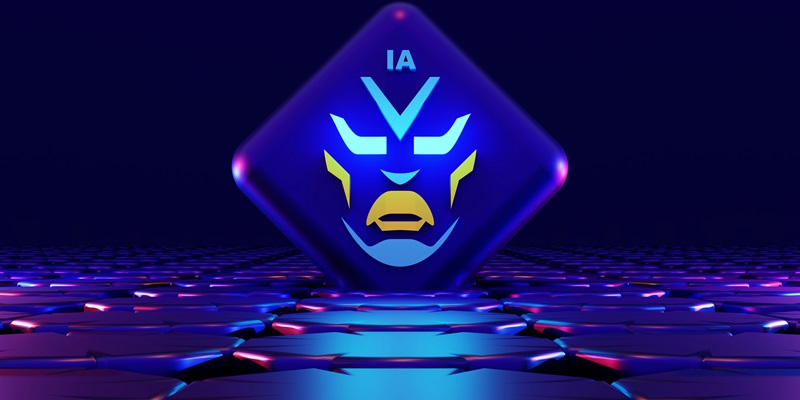Hugging Face, a prominent startup based in New York City, has gained popularity among developers for its repository of open-source AI code and frameworks. Today, the company made a groundbreaking announcement, introducing third-party Hugging Chat Assistants that can be easily customized by users. This new product offering aims to provide users with the ability to create their own personalized AI chatbots, similar to OpenAI’s custom GPT Builder.
Introduction to Hugging Face and its new product launch
Hugging Face has established itself as a developer-focused repository, catering to the needs of the open-source AI community. Through its latest announcement, the company has unveiled customizable Hugging Chat Assistants, allowing users to enhance their conversational AI capabilities.
Description of the new product offering
With the new Hugging Chat Assistants, users can effortlessly develop their own AI chatbots with unique features and functionalities. This offering is comparable to OpenAI’s custom GPT Builder, enabling users to create AI chatbots with specific capabilities in mind.
Customization options for Hugging Chat Assistants
Hugging Chat Assistant users have the freedom to select from a range of open-source Language Model Models (LLMs) to power the intelligence of their AI Assistant on the backend. This customization approach aligns with Hugging Face’s philosophy of catering to a diverse user base by offering various models and frameworks.
Central repository of third-party customized Hugging Chat Assistants
Similar to OpenAI’s GPT Store, Hugging Face has curated a central repository of third-party customized Hugging Chat Assistants. Users can peruse through the options available and select the one that best suits their requirements, allowing for maximum flexibility and choice.
Comparison to custom GPTs and user feedback
Early reviews from the open source AI community suggest that some users consider Hugging Chat Assistants to be better than custom GPTs. Mathieu Trachino, the founder of enterprise AI software provider GenDojo.ai, is among the proponents of Hugging Chat Assistants. However, Trachino also acknowledges that there are areas where custom GPTs have the upper hand, including web search, retrieval augmented generation (RAG), and logo generation.
The significance of hugging chat assistants in the open-source community
The launch of Hugging Chat Assistants signifies remarkable progress in the open-source community, rapidly catching up to their closed counterparts, such as the ironically named “Open” AI. Hugging Face’s commitment to democratize AI technology by providing customizable solutions is revolutionizing the AI landscape, with implications for future advancements in AI development and customization.
Invitation to the AI Impact Tour in New York
In conclusion, Hugging Face’s announcement of customizable AI Chat Assistants marks a significant step towards empowering users to create their own AI solutions. The open-source AI community is now equipped with a versatile toolset that rivals closed systems like OpenAI. Furthermore, Hugging Face, in partnership with Microsoft, will be hosting the AI Impact Tour in New York on February 29th. This event will provide a platform to discuss the challenges and opportunities in balancing the risks and rewards of AI applications.
About VentureBeat and its mission
VentureBeat’s mission revolves around providing a digital town square for technical decision-makers to gain comprehensive knowledge about transformative enterprise technology and facilitate transactions within this ecosystem. By offering in-depth coverage and analysis, VentureBeat aims to keep its audience informed and empowered in the ever-evolving world of AI and technology.
As Hugging Face disrupts the AI landscape with its customizable Hugging Chat Assistants, it paves the way for a future where users have the freedom to tailor AI solutions to their specific needs. The launch of this product reinforces Hugging Face’s commitment to open-source innovation and sets the stage for continued advancements in the field of conversational AI.

